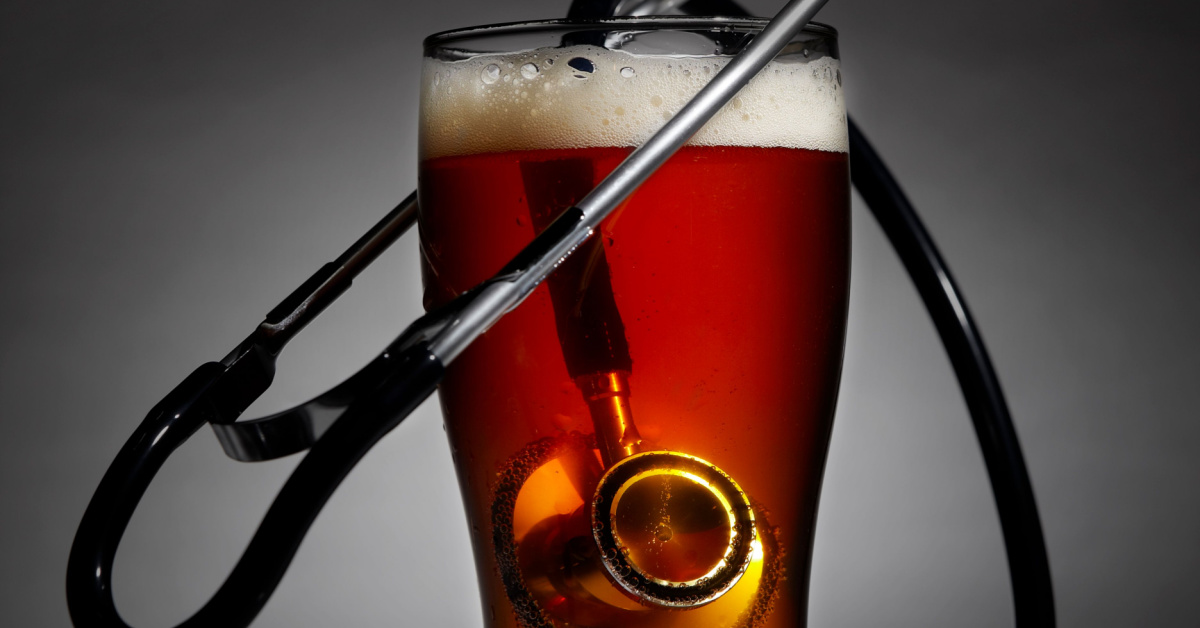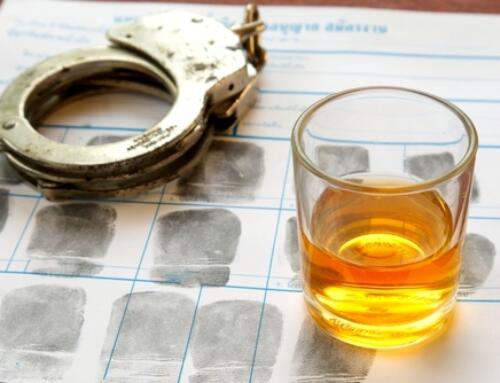Facing a DUI in Pennsylvania presents significant risks regardless of what you do for work. But, for doctors, nurses, and other medical professionals, the risks can be far greater. Getting arrested for DUI can put your license in jeopardy; and, even if you can protect (or restore) your license, having a DUI on your record can have long-term consequences for your career.
If you are facing a DUI in Pennsylvania as a licensed medical professional, it is critical to ensure that you have a clear understanding of the circumstances at hand. This includes not only the circumstances surrounding your DUI case but those that are relevant to your medical license as well. Here is an overview of what you need to know:
You May Have to Report Your DUI Arrest to Your Licensing Board
One of the first things you need to know is that you may have an obligation to report your DUI arrest to your licensing board. For example, if you are a physician licensed by the Pennsylvania State Board of Medicine (BOM), you must report your DUI charge to the BOM within 30 days. Pharmacists, nurses, and other licensed professionals are subject to similar reporting requirements.
You Can Face Professional Discipline Even if You Aren’t Convicted of DUI
Once you report your DUI arrest, you will likely find yourself facing disciplinary action. It is important to understand that your arrest could lead to professional discipline even if it doesn’t lead to a criminal conviction. This is because the rules that govern professional disciplinary proceedings are different from those that govern criminal prosecutions. For example, while prosecutors must prove your guilt beyond a reasonable doubt, professional disciplinary actions are generally subject to the “preponderance of the evidence” standard. This means that to impose discipline, your licensing board only needs to determine that it is more likely than not that you committed the violation in question.
You May Also Have to Report Your Conviction or Placement on ARD
In addition to reporting your arrest, you may also have an obligation to report your conviction (if you get convicted). Similarly, if you enter into Pennsylvania’s Accelerated Rehabilitative Disposition (ARD) program, you may have to report this as well. While Pennsylvania’s ARD program provides an opportunity for first-time DUI offenders to avoid a conviction, it does not protect professional disciplinary action for licensed medical professionals.
Failing to Report Your DUI Can Have Licensing Consequences of Its Own
To be clear, meeting your reporting requirements as a licensed medical professional is extremely important. If you don’t report your arrest, conviction, or entry into the ARD program, this failure alone could lead to disciplinary action based on lack of candor. Of course, you will still face disciplinary action related to your DUI charge as well—and facing professional discipline on multiple counts could significantly increase your risk of losing your license (whether temporarily or permanently).
Even if You Don’t Lose Your License, a DUI Conviction Can Negatively Impact Your Medical Career
Let’s say you go through the disciplinary process and you succeed in protecting your medical license. If you get convicted of DUI in court, your conviction can still negatively impact your medical career. Your conviction will show up on any background checks, and there is a good chance that it will prevent you from pursuing at least some desirable career opportunities. While you may eventually be able to have your DUI conviction expunged, by this time, the damage may have already been done.
An Informed, Strategic, and Comprehensive DUI Defense is Critical
With all of this in mind, an informed, strategic, and comprehensive DUI defense is critical. When fighting your DUI in court, you need to avoid admitting facts that could lead to license suspension or revocation in your professional disciplinary proceeding. The opposite is true as well—you need to be careful in your disciplinary case to avoid saying anything that prosecutors may be able to use against you. Thus, coordinating your defenses is also critical, and you need to make sure you have a clear understanding of how each proceeding has the potential to impact the other.
Determining how best to approach your situation requires a careful assessment of all of the relevant facts. This includes facts arising before, during, and after your DUI arrest. Some examples of questions that you and your lawyer will need to critically examine include:
- Were you actually driving under the influence at the time of your arrest (note that this could be based on your blood alcohol concentration (BAC) or other evidence that you were “ rendered incapable of safely driving”)?
- Do you have grounds to challenge the validity or reliability of your BAC reading (if you took the breathalyzer)?
- Did you take the field sobriety tests; and, if so, did your arresting officer administer the tests properly?
- Why did your arresting officer say he or she pulled you over? Why did your arresting officer actually pull you over?
- What did you say to the arresting officer on the side of the road? When were you placed under arrest, and when did the officer read your Miranda rights (if ever)?
Answering these questions—among many others—will allow you and your lawyer to make informed decisions about how best to approach your defense. To give yourself the best possible chance to protect your medical license and your medical career, you should schedule a confidential consultation with an experienced DUI defense lawyer as soon as possible.
Schedule a Confidential Consultation with Philadelphia DUI Defense Lawyer Brian Fishman
Are you facing a DUI charge as a doctor, nurse, or other licensed medical professional in Pennsylvania? If so, Brian Fishman can help. Brian is a former Philadelphia prosecutor and experienced DUI defense lawyer who has helped numerous clients avoid unnecessary consequences following drunk driving arrests. To schedule a confidential consultation as soon as possible, please call 267-758-2228 or tell us how we can reach you online now.






